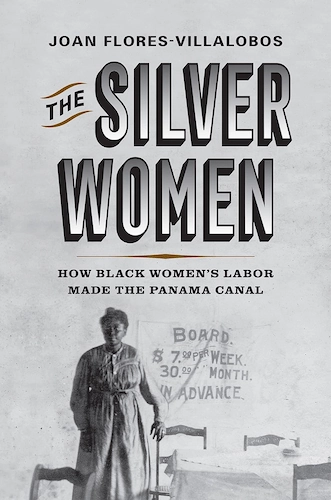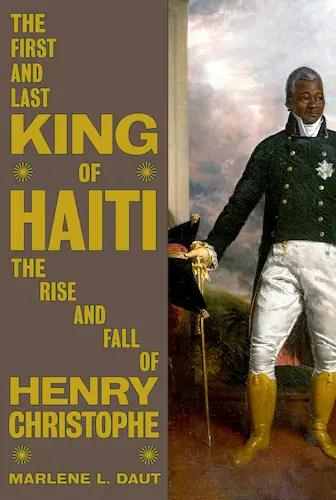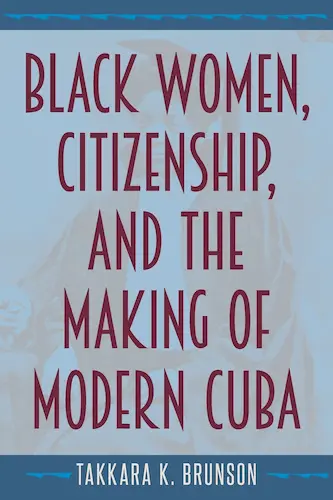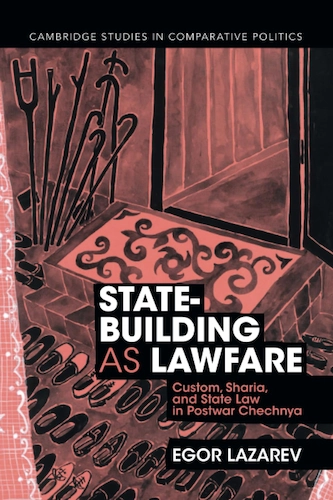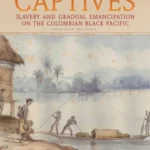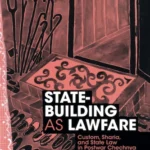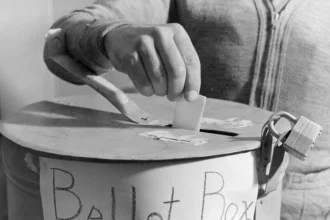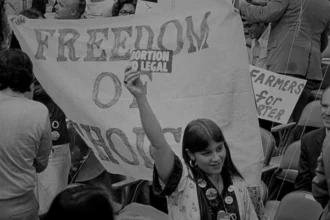The Silver Women: How Black Women’s Labor Made the Panama Canal by Joan Flores-Villalobos (University Press, 2023), winner of the 2024 Wesley-Logan Prize in African Diaspora History, offers a groundbreaking examination of the often-overlooked contributions of West Indian women to the construction and daily life of the Panama Canal Zone. Meticulously researched, this book challenges conventional narratives that focus primarily on male laborers, providing a crucial corrective that places Black women’s labor and resistance at the center of U.S. imperial history.
Flores-Villalobos explores the experiences of West Indian women who migrated to Panama in the early 20th century, navigating a racialized labor hierarchy that divided workers into the privileged “Gold Roll” (predominantly white, highly paid employees) and the marginalized “Silver Roll” (Black, underpaid laborers). Despite being largely excluded from official employment records, these women played an essential role in the Canal’s operation, sustaining entire communities through domestic work, entrepreneurial ventures, and informal economies—contributions that have long been neglected in historical accounts.
Through extensive archival research, legal records, and personal narratives, the author illuminates how West Indian women carved out spaces of agency within the constraints imposed by U.S. colonial administrators and Panamanian society. They provided domestic services to white American families, managed boarding houses, and established underground economies that supported Silver Roll workers. These activities were not only acts of survival but also subtle forms of resistance against the racial and gendered hierarchies that defined life in the Canal Zone.
The book also highlights the legal battles these women fought, from securing property rights to challenging exploitative labor practices. Cases such as that of Jane Hall, a Jamaican boarding house owner who successfully sued for unpaid rent in gold coin, illustrate how they strategically navigated the colonial legal system to assert their rights and challenge systemic marginalization.
By centering these overlooked histories, The Silver Women reframes the narrative of the Panama Canal, revealing the complex intersections of migration, labor, and resistance. Essential reading for scholars of African diaspora studies, gender history, and colonialism, this book offers fresh perspectives on the entanglements of race, labor, and empire. The book is available here.


